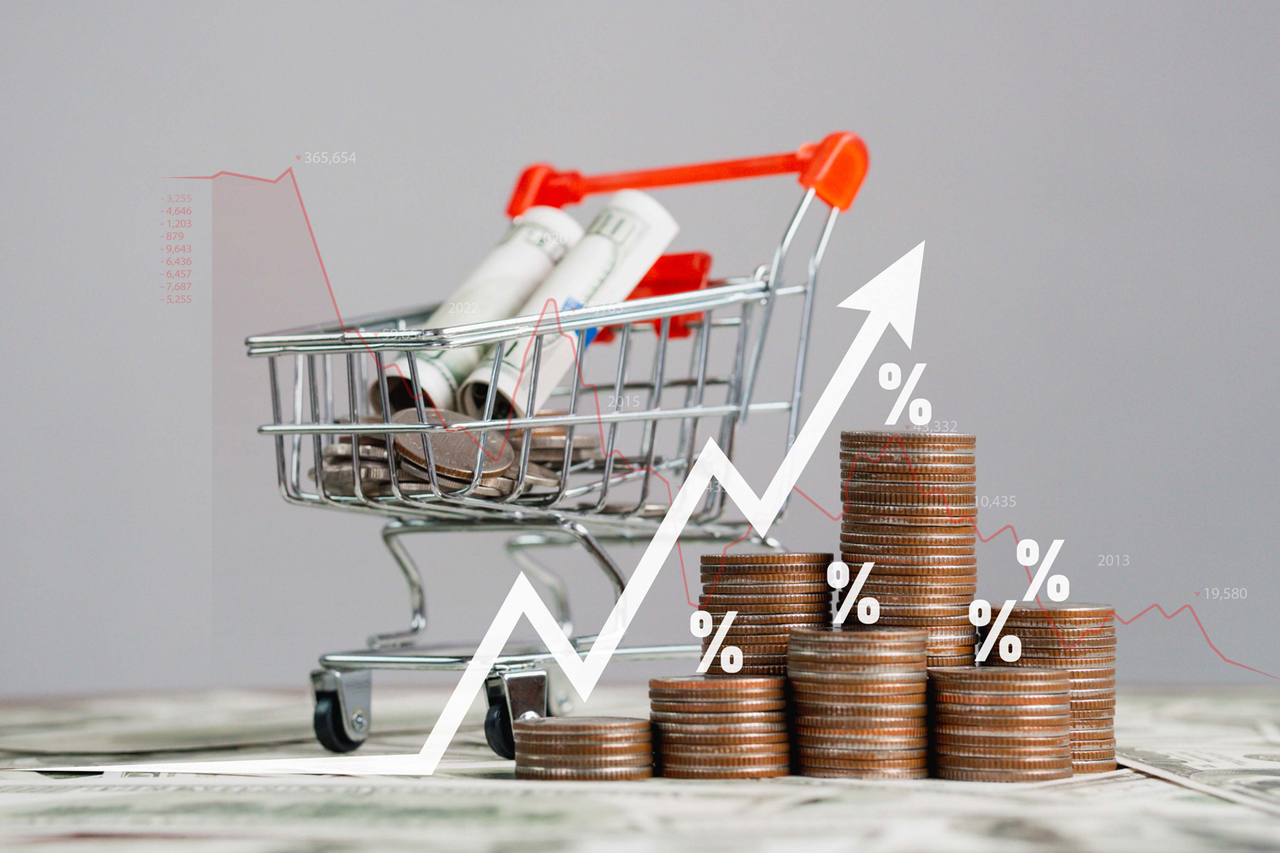23 October 2023

Hey everyone, welcome to IPS Connect Coffee Chats session! Today, we’re going to talk about something that affects all of us: rising costs and inflation. So, grab your coffee and let’s chat about how these economic factors impact our daily lives and what we can do to manage it.
First and foremost, what exactly is inflation? In simple terms, inflation refers to the general increase in prices of goods and services over time. This rise in prices can be attributed to various factors such as increased production costs, fluctuating demand and supply, and changes in government policies.
One of the main reasons why costs go up and prices keep rising is because the raw materials are getting more expensive. Take coffee beans, for instance. They can be easily affected by changes in the market, climate, and availability, leading to price volatility. This makes it tough for coffee shop owners to balance with the challenge of maintaining profitability while keeping prices affordable for customers.
Inflation really has an impact on our daily lives, not just in the coffee business. It drives up prices for things we need at home like our rent, groceries, and utility bills. And let me tell you, it can be tough for individuals and families to deal with these rising costs. It really strains their budgets and makes it harder to keep up with their financial responsibilities.
Businesses have an overwhelming challenge of finding the right balance between keeping their prices affordable for customers while dealing with higher production costs. When things like raw materials, transportation, and energy become more expensive, companies often must make difficult choices such as downsizing their workforce, decreasing employee benefits, or increasing prices for consumers.
So, how can we manage these impacts and challenges? Well, one great idea is to start using sustainable practices that help us save money and protect the environment. For example, coffee shops could invest in energy-efficient equipment, use reusable cups to cut down on waste, and support fair-trade practices to make sure we have a sustainable supply chain. These actions not only save us money over time but also but also resonate with customers who care about social and environmental issues.
Business owners should consider other ways to manage the risk of changing prices for raw materials. They can create a network of different suppliers and make agreements for longer periods of time. This could help them potentially secure more stable pricing, reducing the impact of increased costs on their operations.
As procurement professionals, we actively review our sourcing strategy to minimize the impact of inflation and foster long-term advantages. It is crucial to explore both short- and long-term solutions and we must avoid complacency, things won’t go back to the way they were.
On an individual level, it is essential to practice effective financial management. Budgeting and saving can provide a safety net in times of economic uncertainty. We should also keep an eye on what we spend and look for ways to save money. It’s also a good idea to cut back on things we don’t really need. These practices can also help us deal with inflation.
Dealing with increased costs and inflation is a complicated matter that needs everyone’s cooperation – businesses, consumers and policymakers. It’s important for us to have these Coffee Chats and engage in open discussions about these problems to raise more awareness, exchange ideas, and work towards finding sustainable solutions that benefit all of us.
As we sip our coffee and let these thoughts settle, it’s important to stay informed and act. We should be ready to adjust to the constantly changing economy and support one another. Thanks for being here with us, and until next time, keep those conversations brewing!